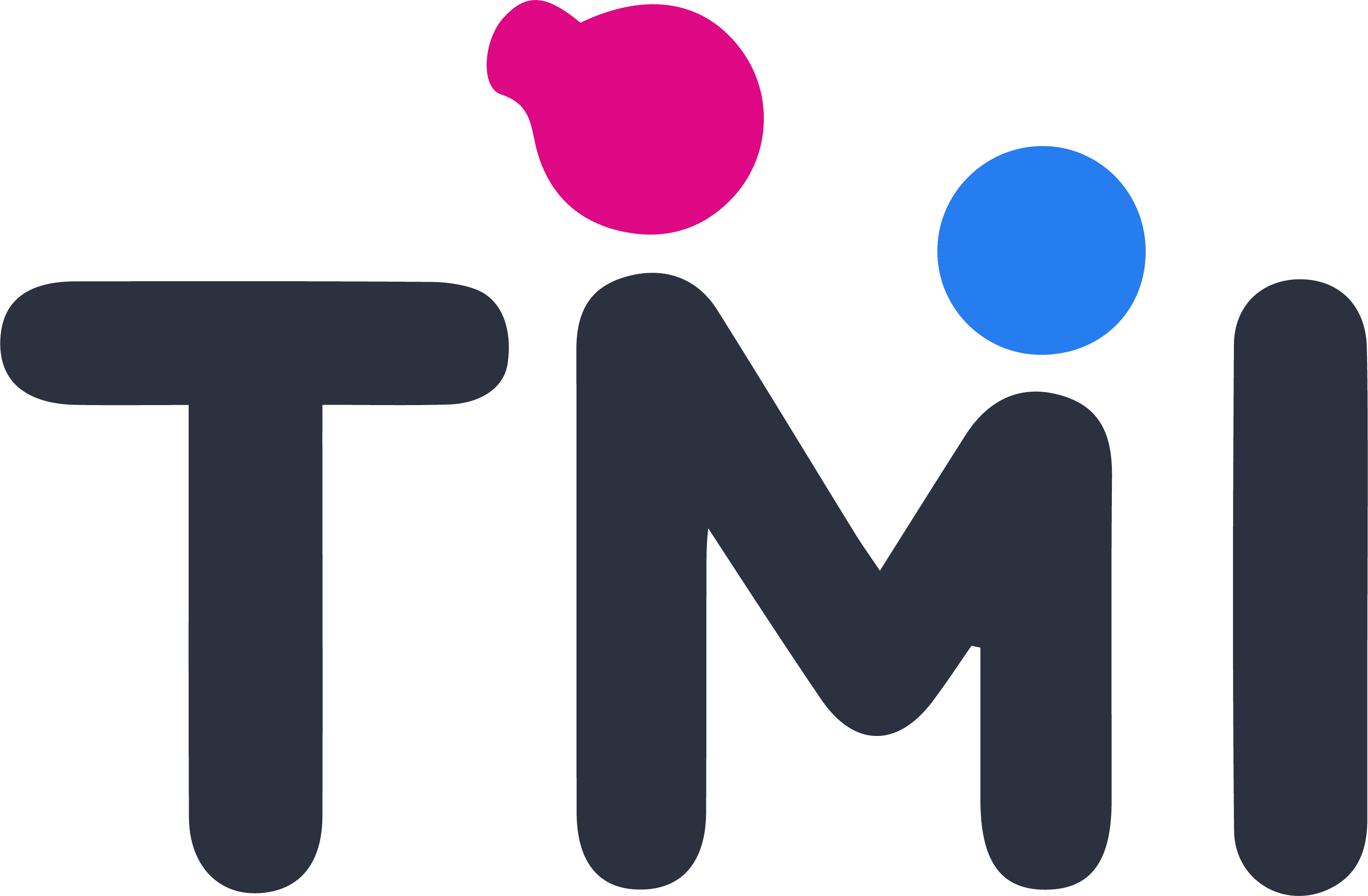Introduction
A woman’s life undergoes a profound transformation when she embarks on the amazing journey of pregnancy, which is met with both wonder and excitement. Proper nutrition becomes crucial as the body skillfully navigates drastic changes to support the precious life growing inside. This blog aims to serve as a compass for aspiring mothers, offering crucial dietary advice to help them navigate the complex terrain of pregnancy. We want to enable mothers to take charge of their health and promote the best possible development of their unborn child during this amazing and holy chapter by exploring a comprehensive and nourishing approach.

- Balanced Diet for Two
“Eating for two” during pregnancy doesn’t mean consuming twice as many calories; instead, it emphasizes how vital good nutrition is. It’s critical to eat a well-balanced diet full of whole grains, dairy, fruits, vegetables, and lean proteins. The mother and the developing child will both receive the necessary building blocks for growth and development thanks to this varied array of nutrients. During this time of transformation, the value of quality over quantity becomes the guiding principle, creating a healthy foundation for both parties’ well-being.
- Folate-Rich Foods
During the early stages of pregnancy, folate, commonly referred to as folic acid, is essential for preventing neural tube defects. Include foods high in folate in your diet, such as citrus fruits, legumes, leafy greens, and fortified cereals, to guarantee a sufficient supply. It is crucial to speak with your healthcare provider, though, as they might suggest supplements to fulfill daily needs. This proactive approach highlights the significance of folate in supporting the early stages of a healthy and thriving pregnancy, while also protecting the health of the mother and fetus.
- Adequate Hydration
It is critical to stay as hydrated as possible during pregnancy because water is essential for the movement of nutrients, support for digestion, and preservation of amniotic fluid. At least eight 8-ounce glasses should be consumed each day; if you are physically active, your needs may be higher. Fruit infusions and herbal teas make delicious substitutes that hydrate while enhancing flavor. A healthy and successful pregnancy journey is facilitated by prioritizing adequate fluid intake, which not only maintains maternal health but also creates a supportive environment for the developing baby.
- Omega-3 Fatty Acids
DHA in particular, an important source of Omega-3 fatty acids, is needed during pregnancy for the development of the baby’s brain and eyes. Include foods such as walnuts, chia seeds, flaxseeds, and fatty fish in your diet. If you are concerned about mercury levels in fish, consult your physician about safe alternatives or consider taking a premium omega-3 supplement. This guarantees a dependable and secure way to get these essential nutrients, promoting the growing baby’s best possible neurological and visual development.
- Limit Caffeine and Avoid Harmful Substances
While excessive caffeine consumption may be associated with an increased risk of miscarriage, moderate caffeine intake is usually considered safe during pregnancy. Reducing exposure to toxic substances like alcohol and tobacco, which seriously jeopardize fetal development, is equally important. Expectant mothers establish a protective environment, promoting a healthier pregnancy and lowering potential risks that could jeopardize the health of the mother and the developing baby, by abiding by advised caffeine limits and abstaining from dangerous substances.
- Calcium for Bone Health
A baby needs to consume enough calcium to ensure that their bones and teeth develop to their full potential. To satisfy these needs, include leafy greens, dairy products, and fortified plant-based milk substitutes in your diet. If you don’t think your diet has enough calcium, you should talk to your doctor about taking supplements. Their advice is essential for figuring out the right dosage and for guaranteeing a well-rounded and knowledgeable strategy to support the health of both the mother and the fetus during the most important phases of pregnancy.
- Small, Frequent Meals
Eating small, frequent meals throughout the day is an effective strategy for managing nausea related to pregnancy. This method not only keeps blood sugar levels stable but also reduces nausea and maintains energy levels. Nutritious snacks, such as fruit, yogurt, or nuts, can help reduce hunger and provide a constant source of vital nutrients. Expectant mothers can manage their nausea and maintain a steady supply of energy to support their own health and the growth of their developing baby by adopting this eating pattern.
- Iron-Rich Foods
Increase your intake of iron-rich foods such as beans, lentils, lean meats, and fortified cereals to help prevent anemia and fatigue associated with pregnancy. Combine foods high in vitamin C with these sources to improve the absorption of iron. In certain cases, speak with your doctor to find out what kind of iron supplements are best for you. This proactive approach guarantees a comprehensive plan to address iron requirements, supporting the developing baby’s overall health as well as the health of the mother during this crucial stage of pregnancy.
- Listen to Your Body
Likewise, every pregnancy is different, there are differences in the nutritional needs of each individual. Pay attention to your body’s cues about your shifting needs, such as cravings and aversions. Seek advice from a registered dietitian or your healthcare provider if you have any dietary restrictions or concerns. Working with experts guarantees that a customized diet plan will be developed, meeting your unique requirements and promoting a healthy, customized method of feeding you and your developing child.
Conclusion
Nurturing the mother and developing baby is a holistic journey in the fabric of a healthy pregnancy. Healthy eating, drinking enough of water, and practicing mindfulness lay the groundwork for the best possible development of the fetus and general well-being. This path, characterized by self-care and wise choices, adds to a joyful and healthy pregnancy experience. To make sure that your dietary decisions support your unique needs and promote a happy, healthy pregnancy for both mother and child, always speak with your healthcare provider.


